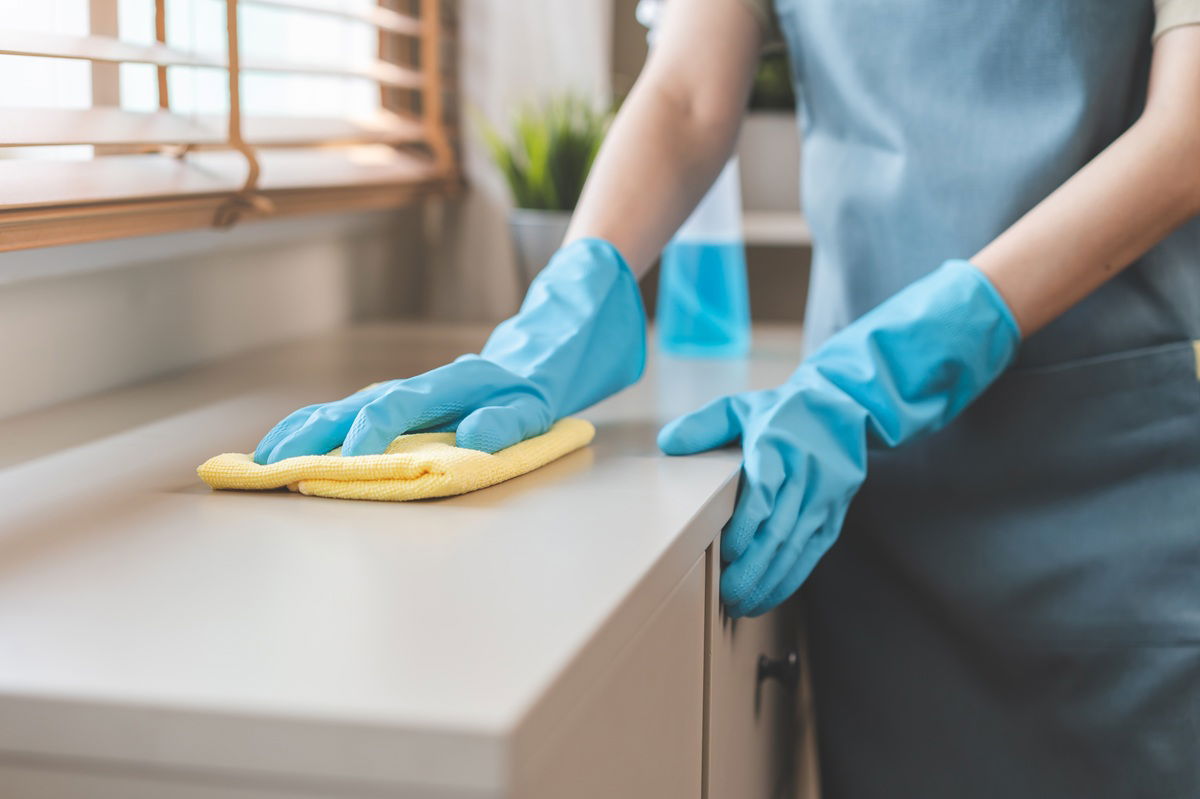Health checks for domestic workers in Spain will become mandatory from 2026.
Credit : Kmpzzz, Shutterstock
For thousands of domestic workers in Spain, 2026 will bring another big step forward in the long fight for fairer working conditions.
From that year on, household employees such as cleaners, carers and housekeepers will have the right to regular medical check-ups, a measure designed to improve safety and health standards in one of the country’s most undervalued professions.
The change is part of Royal Decree 893/2024, published in the Boletín Oficial del Estado (BOE) last year. It introduces a series of new obligations for employers in the field of occupational risk prevention, while also extending protections to workers who, until recently, were excluded from many basic labour rights.
Most Read on Euro Weekly News
For decades, Spain’s domestic workers were treated differently from other employees. They were not entitled to unemployment benefits, paid sick leave, or proper safety protections. But that has slowly been changing – and this new reform is the latest in a series of improvements designed to close that gap.
Health checks every three years
Under the new rules, employers will have to ensure that their employees have access to a medical examination designed to reflect the specific risks of their job – whether that means exposure to cleaning chemicals, repetitive physical strain, or long hours in private homes.
The law states that this health check should take place every three years, unless a doctor recommends otherwise or the employee’s working conditions change significantly. It also clarifies that the examination can be the same for each worker, even if that person works for more than one employer.
However, the rule does not make the health checks compulsory for workers themselves. Employees can refuse them if they prefer, a clause that respects personal choice and privacy.
While the decree was approved in 2024, it won’t come into force until 2026. That’s because the government first needs to roll out a new free risk-assessment tool to help households evaluate workplace hazards in their homes.
According to the decree’s fifth final provision, the new obligations will only apply six months after that tool becomes available. Since the rollout was delayed by around ten months, the start date has been pushed to 2026.
A safer working environment at home
Beyond the health checks, Royal Decree 893/2024 introduces several other improvements that aim to make domestic work safer and more dignified.
Employers will now be required to carry out a risk assessment in the home, just as companies are required to do in offices or factories. The goal is to identify potential hazards – slippery floors, poor ventilation, unsafe equipment – and take steps to minimise them.
In addition, employers must provide their household staff with appropriate work equipment and protective gear, ensuring that the job can be done safely and comfortably.
Perhaps most importantly, workers will now have the right to stop work immediately if they face what the decree calls a “serious and imminent risk” to their life or health. This aligns domestic workers’ rights with those of employees in other sectors, marking a significant milestone in Spain’s efforts to professionalise the sector.
A historic change for household employees
Although these measures might seem technical, they represent a profound cultural shift. Domestic work has traditionally been informal, often carried out by women – many of them migrants – without written contracts or social protections.
Over the past few years, Spain has made notable progress in correcting this imbalance. In 2022, domestic workers were finally granted the right to unemployment benefits and inclusion in the social security system. Now, with the 2026 reform, health and safety protections will also be part of the package.
Unions and labour groups have hailed the move as a “necessary and overdue step” towards equality in the workplace. Employers’ associations, meanwhile, have called for clearer guidance on how to comply with the new rules, especially given that most households do not have HR departments or formal safety systems.
For now, one thing is certain: domestic work in Spain is changing – and the days of treating it as an informal, unregulated activity are coming to an end.
As the countdown to 2026 begins, both employers and employees will need to adapt. For workers, this reform means greater protection and recognition. For households, it’s a reminder that employing someone at home carries the same responsibilities — and the same respect — as any other workplace.
Stay tuned with Euro Weekly News for more news from Spain
